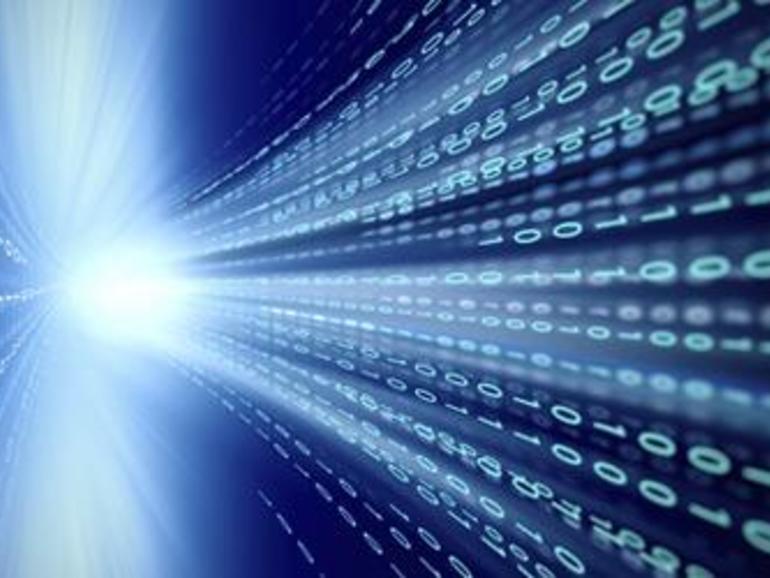Dell Technologies Japan is powering the new Yukawa-21 supercomputer, housed at Kyoto University’s Yukawa Institute for Theoretical Physics (YITP).
The new supercomputer will be built on Dell EMC PowerEdge servers and boasts peak performance of 1.3 PFLOPS, which Dell said was approximately 3.8 times higher than the previous system.
It is expected the new system will be used to accelerate Kyoto University’s research in computational physics, including theoretical physics and the development of innovative methods for understanding complex natural phenomena.
Yukawa-21 comprises 135 PowerEdge R840 servers equipped with 2nd Generation Intel Xeon Scalable Processors, Nvidia V100 Tensor Core GPUs, and Dell EMC PowerSwitch Z9332F interconnection.
“In addition to fueling our Institution’s studies on particle physics, nuclear physics, astrophysics, condensed matter physics, and quantum information physics, the new supercomputer will open up fresh research opportunities to further the frontiers of theoretical physics across Japan,” YITP director Sinya Aoki said.
Aoki expects the new system to allow the institute to provide researchers across Japan with a high-performance and stable computing environment to progress research in the field of theoretical physics.
RELATED COVERAGE
Dell Technologies launches HPC systems aimed at more industries, use cases
Thierry Pellegrino, vice president of data-centric workloads and solutions at Dell Technologies, said the company’s goal is to democratize HPC.
Fujitsu to develop supercomputer for AI research in Japan
The ‘AI bridging green cloud infrastructure supercomputer’ will feature 120 nodes, 11.2 petabytes of storage, and is expected to reach peak performance of 19.3 petaflops.
ARM and Linux take the supercomputer TOP500 crown
For the first time, an ARM-powered supercomputer took first place in the TOP500 supercomputer competition.
The world’s fastest supercomputers are still getting faster, but it’s taking them longer
The latest Top500 list shows that supercomputers are getting better, but more slowly.
